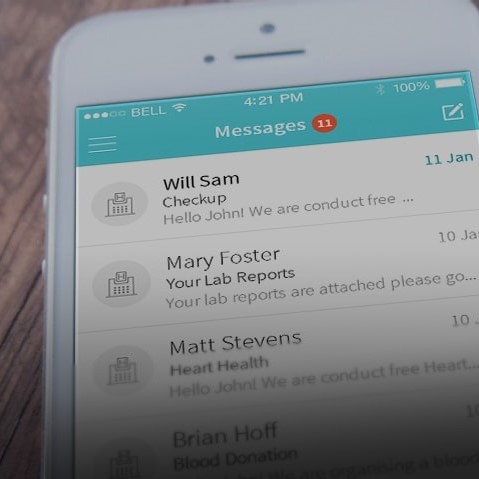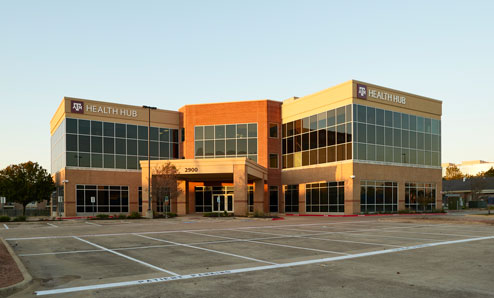Endoscopy
What is Endoscopy?
Endoscopy refers to the use of an endoscope, an instrument used to examine the interior of a hollow organ or cavity of the body. Unlike most other medical imaging devices, endoscopes are inserted directly into the organ. An endoscopy procedure can evaluate digestive tract problems such as ulcers, difficulty swallowing, changes in bowel habits and polyps.
What endoscopy options do we offer?
Gastrointestinal Endoscopy
An esophagogastroduodenoscopy, or EGD, is an examination of the lining of the esophagus, stomach and upper duodenum with an endoscope that is inserted down the throat. An EGD can diagnose and inform primary care providers on treatment of conditions of the upper gastrointestinal (GI) tract.
Colonoscopy
A colonoscopy uses a special scope to examine your colon for polyps, pre-cancerous and cancerous growths. Generally, colonoscopies are recommended annually for everyone over the age of 50 unless they are at a higher risk for colorectal cancer. Our primary care providers can discuss your potential risks with you and create a plan to catch cancer before it becomes a problem.
Endoscopy Services Locations
Related Services
Imaging
Ultrasound and x-ray imaging help diagnose issues occurring inside the body, including vascular, obstetrical and orthopedic conditions.
Family Care
Your family physician can treat most health conditions and provide comprehensive care for all ages—from newborns to older adults.
Geriatric Care
Geriatric care addresses the complex needs of older adults by focusing on health promotion and the prevention and treatment of disease and disability.
Lab Services
Our on-site lab offers faster, more convenient and comprehensive testing services.
Women's Health
Regular gynecological exams, PAP smears, breast exams and prenatal care are all part of the OB-GYN services we offer.
Dermatologic Surgery
Moles, warts and cysts can be removed by surgery or cryosurgery (freezing with liquid nitrogen).



 Family Care
Family Care